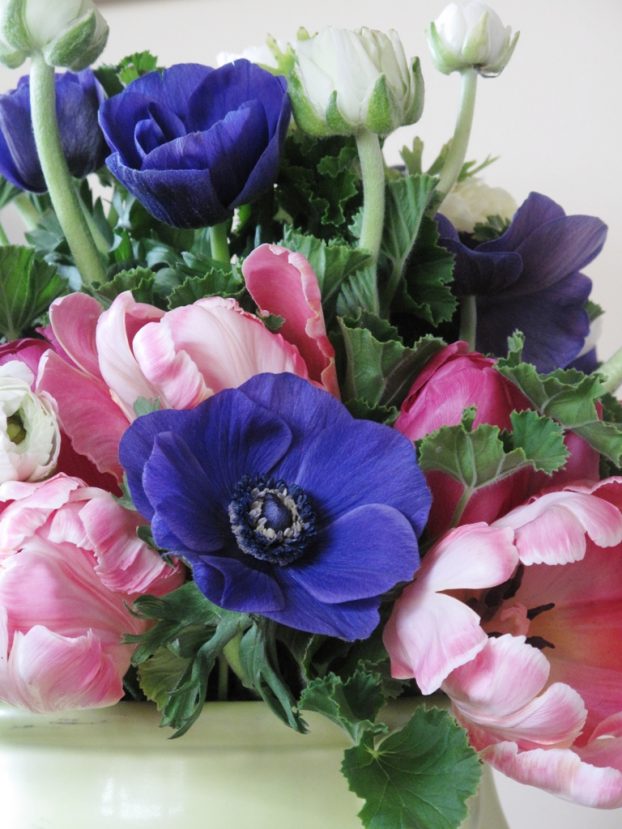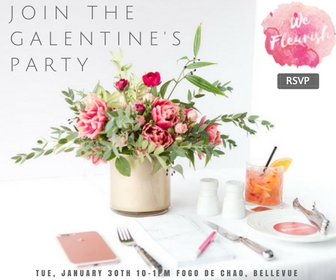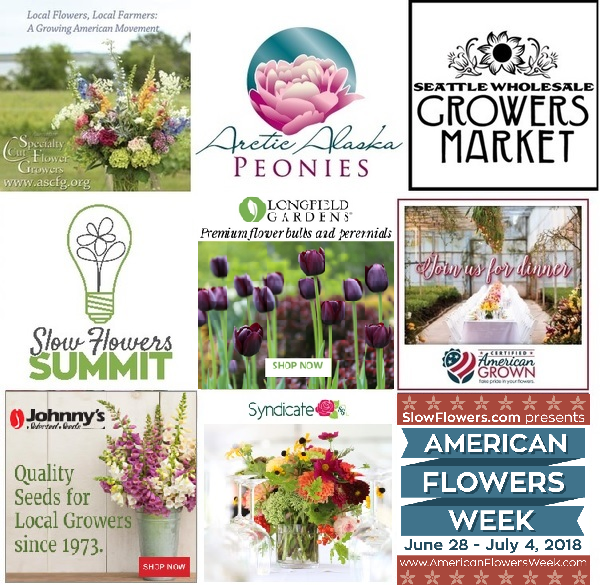Podcast: Play in new window | Download
Subscribe: Apple Podcasts | Google Podcasts | Podcast Index | RSS | More
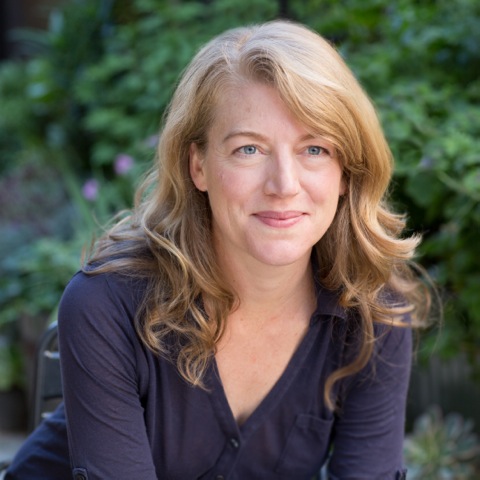
Today’s guest is a long-time friend of mine and of the Slow Flowers Movement. I told this story in 2014 when I introduced you to Baylor Chapman in Episode 125. She and I originally met in the fall of 2010 when I was visiting San Francisco to give a lecture for the Garden Conservancy. We were introduced by a mutual friend, landscape designer and garden writer Susan Morrison, who told me: “You need to meet my friend Baylor when you’re in town. She’s into locally-grown flowers just like you are.”
That led to a wonderful visit to tour Baylor’s former “loading dock” studio in San Francisco’s Mission District. Susan and Rebecca Sweet, another fellow garden designer and blogger, met me at Baylor’s. The three of us had lots of fun drooling over Baylor’s floral creations and learning more about her design philosophy based on seasonal and locally-grown floral elements.

Baylor is the creator and owner of Lila B. Design, a San Francisco-based design studio. Her creative path is well documented in the pages of The 50 Mile Bouquet where we featured her in a chapter entitled “The Accidental Flower Farmer.”
Writing, teaching and consulting about designing with plants has occupied a good part of this creative woman’s life for the past five-plus years. She hasn’t completely shifted from growing and designing with cut flowers, but she has found a special place in the living plant world, an important and growing niche in the floral marketplace.
Today she is described as an author, plant designer, botanical strategist and promoter of all things green. In 2014, Baylor produced and wrote The Plant Recipe Book: 100 Living Arrangements for Any Home in Any Season (Artisan Books, 2014), with photography by Paige Green.
Last month she released a new title: Decorating with Plants, also published by Artisan Books, with photography by Aubrie Pick.
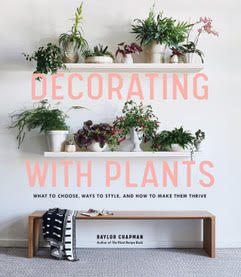
Here’s a bit more about Decorating with Plants:
In Decorating with Plants, Baylor Chapman walks readers through everything they need to know to bring houseplants into their home.
First, there’s Plant Care 101: from how to assess light conditions to tricks for keeping your plants alive while on vacation, Baylor gives readers the simple, foundational info they need to ensure their plants will thrive.
Then she introduces the reader to 28 of her favorites—specimens that are tough as nails but oh-so-stylish, from the eye-catching Rubber Tree to the delicate Cape Primrose.
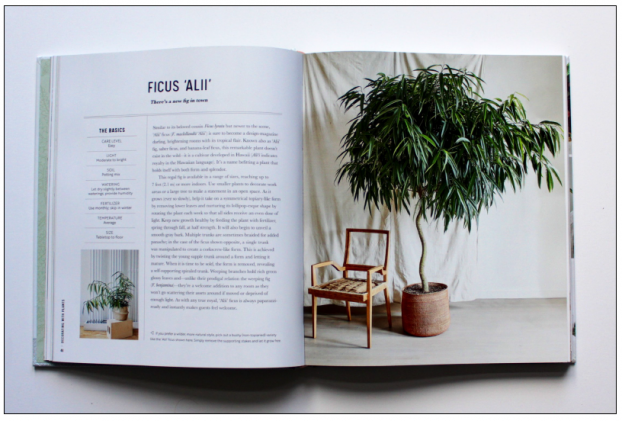
Finally, she guides readers through the home room by room: Place an aromatic plant like jasmine or gardenia to your entry to establish your home’s “signature scent.”
Add a proper sense of scale to your living room with a ceiling-grazing palm. Create a living centerpiece of jewel-toned succulents for a dining table arrangement that will last long after your dinner party.
From air purification to pest control, there’s no limit to what houseplants can do for your home—and Decorating with Plants is here to show you how to add them to spaces big and small with style.

Here’s a bit more about Baylor Chapman, excerpted from the Lila B. Design “about” page:
Baylor writes: Every day I am inspired by the raw beauty of nature, and constantly think about ways of how to bring it into my home — and yours. I believe that nature is handsome more than pretty, and am always searching for an unexpected definition of beautiful.
I love working with plants so much that I’ve spent more than 15 years surrounding myself with them. I attended the UC Berkely program for garden design, founded Lila B., a San Francisco green-certified plant and flower design business, authored my first how-to title called The Plant Recipe Book — and built a parking lot garden in the middle of a big city.

Bringing nature to the city is essential to what I do, so you can often find me creating botanical arrangements in the urban industrial Mission district neighborhood where my own garden and studio reside.
For me, it all comes back to the idea that even if you have a really small space, you can bring a little bit of green inside. Whether it is an elaborate living centerpiece or tiny single succulent, through plant design you can make any space feel at home.
I spent my childhood on a farm, followed years working on an eco-friendly estate which lent a natural edge to my design aesthetics. Now I live in an apartment located a converted box factory, a testament to my commitment to design and my back deck is home to many of my favorite plants.
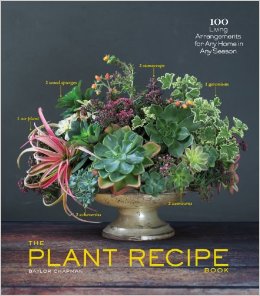
In the spring of 2014 I published The Plant Recipe Book, which features more than 100 lush photographs of creations similar to the ones I make for Lila B. In the same year a major international hotel chain asked me to collaborate on their worldwide botanical strategy.
My work has also appeared in Sunset Magazine, Good Housekeeping, and Better Homes and Gardens.
I have been a guest a guest on PBS’ “Growing a Greener World” and a DIY expert on HGTV.com and HOUZZ.com. I love to travel around the country teaching people how to beautify their home “living centerpieces.”
I’m so pleased that Baylor joined us for an update on her deep passion for and creative life built around plants.
She has tapped into the life-giving force that inspires her three-dimensional botanical art and I hope hearing from her has opened up your thinking about adding or expanding the way you engage with the plant world.
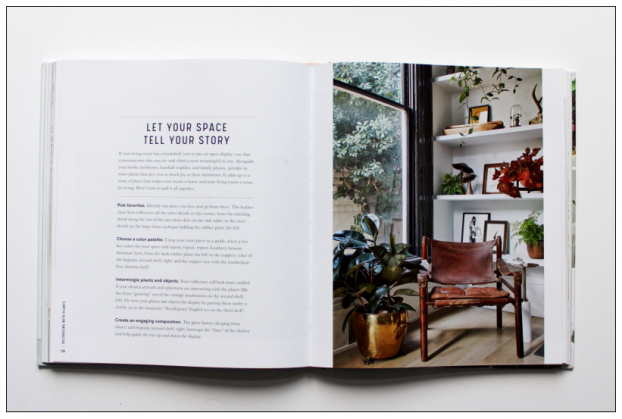
Find and follow Baylor Chapman at these social places:
Decorate with Plants on Instagram
Baylor’s upcoming Workshop Schedule

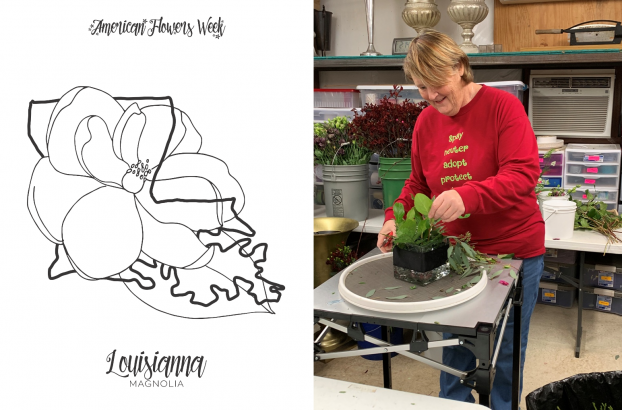
Our theme for 2019 – Fifty States of Slow Flowers – continues today, with farmer-florist Mary Marston of Plum Nelly Flower Farm in Coushatta, Louisiana. Plum Nelly Flower Farm is a Louisiana-licensed florist as well as flower farmer.
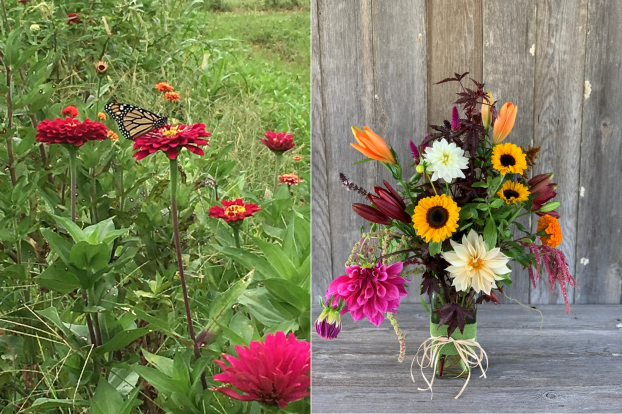
Mary writes this on the Plum Nelly “about” page, saying all our flowers are planted in the rich alluvial soil of the Red River. The term “Specialty Cut Flowers” means our flowers are the best ones to be grown locally. We grow them to their peak of perfection and sell them fresh to local florists and shop owners as well as the general public.
Follow Plum Nelly Flower Farm on Instagram
Like Plum Nelly Flower Farm on Facebook
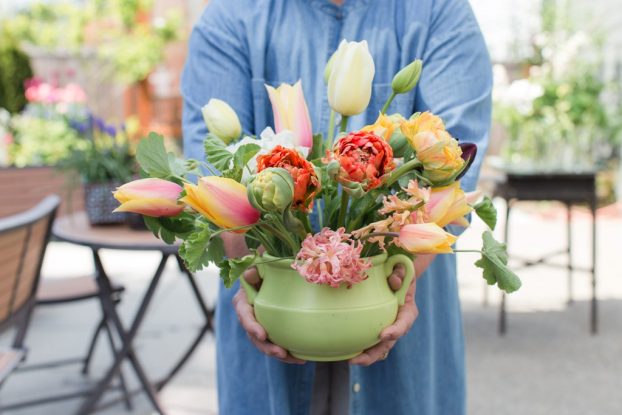
I am so grateful to you for joining me and for spending your time listening to the Slow Flowers Podcast today. Thank you to our entire community of flower farmers and floral designers who together define the Slow Flowers Movement.
As our cause gains more supporters and more passionate participants who believe in the importance of the American cut flower industry, the momentum is contagious.
I know you feel it, too. I value your support and invite you to show your thanks and with a donation to support my ongoing advocacy, education and outreach activities. You can find the donate button in the column to the right.
Thank you to our sponsors!
Florists’ Review magazine. I’m delighted to serve as Contributing Editor for Slow Flowers Journal, found in the pages of Florists’ Review. It’s the leading trade magazine in the floral industry and the only independent periodical for the retail, wholesale and supplier market. Take advantage of the special subscription offer for members of the Slow Flowers Community.
Arctic Alaska Peonies, a cooperative of family farms in the heart of Alaska working together to grow and distribute fresh, stunning, high-quality peony varieties during the months of July and August when the normal growing season is complete. Arctic Alaska Peonies operates three pack houses supplying peonies throughout the United States and Canada. Visit them today at arcticalaskapeonies.com
Association of Specialty Cut Flower Growers. Formed in 1988, ASCFG was created to educate, unite, and support commercial cut flower growers. It mission is to help growers produce high-quality floral material, and to foster and promote the local availability of that product. Learn more at ascfg.org. It’s fitting that ASCFG is mentioned here, because today’s Fifty States of Slow Flowers guest is a member of both ASCFG and Slow Flowers.
Longfield Gardens provides home gardeners with high quality flower bulbs and perennials. Their online store offers plants for every region and every season, from tulips and daffodils to dahlias, caladiums and amaryllis. Visit them at longfield-gardens.com and join the spring flower photo contest going on now through May 24th. Share a photo of what’s blooming in your garden, post to Facebook or Instagram, and you might win a $50 dollar gift card from Longfield Gardens!
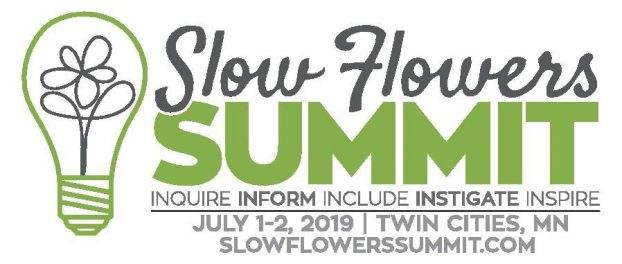
Before we sign off, can I tell you how truly excited I am about the upcoming SLOW FLOWERS SUMMIT?! I want you to join ME and our vibrant and engaging lineup of presenters on July 1st and 2nd in St. Paul, Minnesota. Please grab your ticket to join us. The very last day of our special PLUS ONE Ticket Promotion ends today, May 15th, so take advantage of this generous offer.
One of the top reasons our attendees love the Slow Flowers Summit is the opportunity to mix-and-mingle with other kindred spirits. So we want to make it easy for you to experience the Summit and bring along your BFF, partner, colleague or team member with our Plus-One Ticket Promotion!
For a limited time — through May 15th only — when you register for the Slow Flowers Summit, you can add a guest for $275! This applies to anyone who has already registered, as well as new ticket-buyers.
You can find the Plus One promo option by following the Register link at slowflowerssummit.com.

The Slow Flowers Podcast has been downloaded more than 462,000 times by listeners like you. Thank you for listening, commenting and sharing – it means so much.
I’m Debra Prinzing, host and producer of the Slow Flowers Podcast. Next week, you’re invited to join me in putting more American grown flowers on the table, one vase at a time. And If you like what you hear, please consider logging onto iTunes and posting a listener review.
The content and opinions expressed here are either mine alone or those of my guests alone, independent of any podcast sponsor or other person, company or organization.
The Slow Flowers Podcast is engineered and edited by Andrew Brenlan. Learn more about his work at soundbodymovement.com.
Music Credits:
Children of Lemuel; Dance of Felt; Betty Dear; Gaena; Perspirationby
Blue Dot Sessions http://www.sessions.bluehttps://creativecommons.org/licenses/by-nc/4.0/
Lovely by Tryad
http://tryad.bandcamp.com/album/instrumentals
http://creativecommons.org/licenses/by-sa/3.0/
In The Field
Music from:
audionautix.com









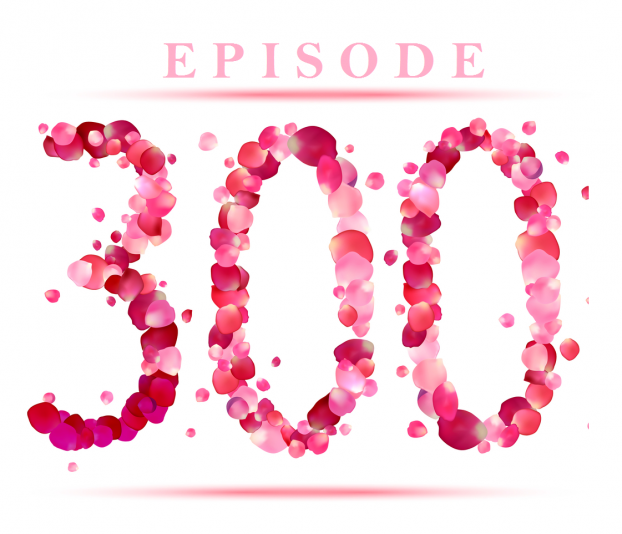
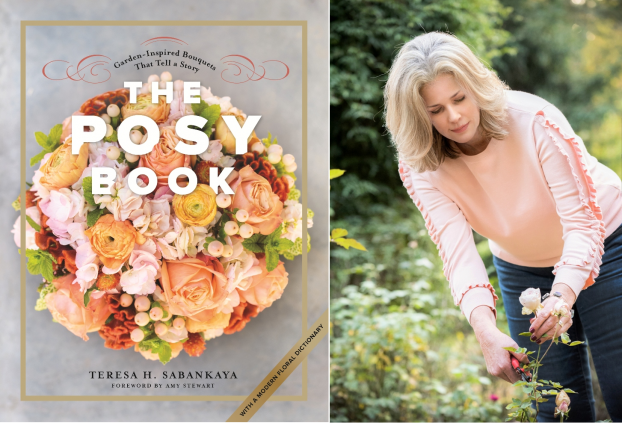
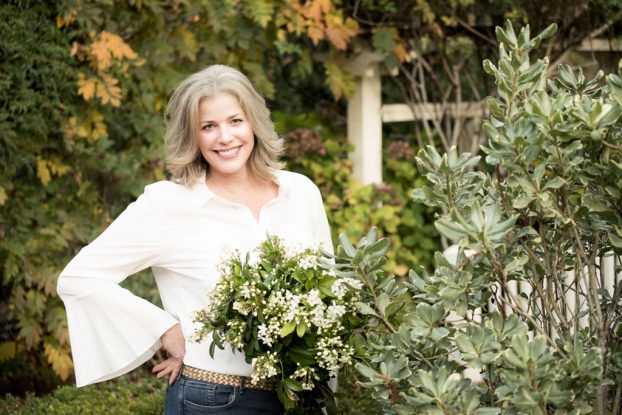
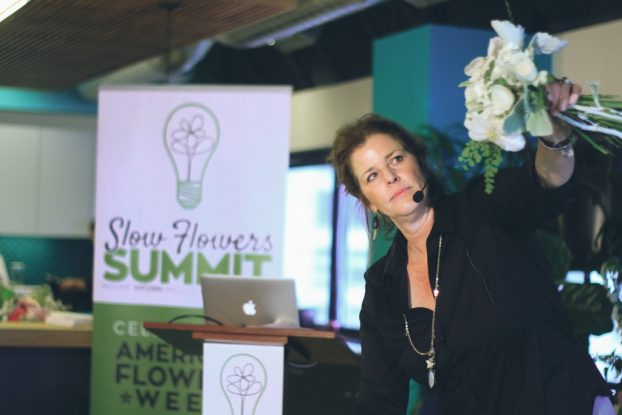
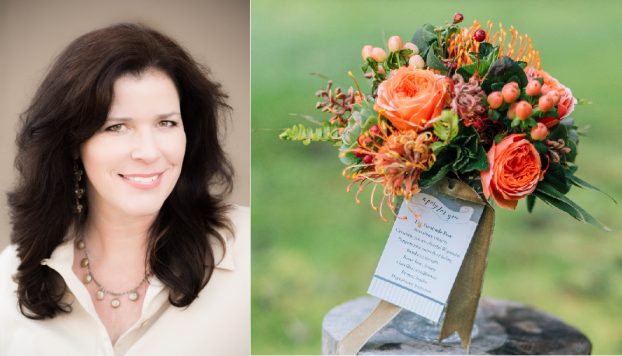
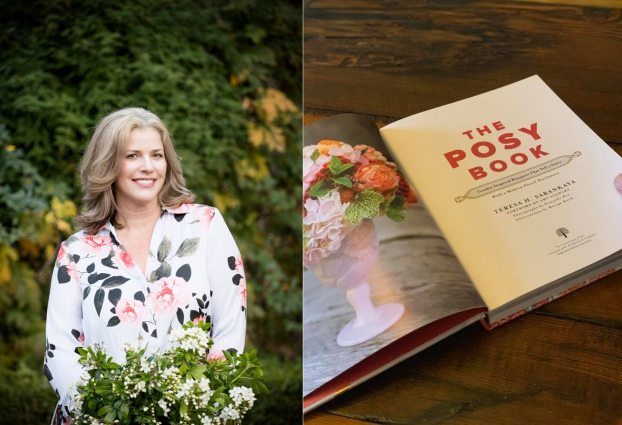
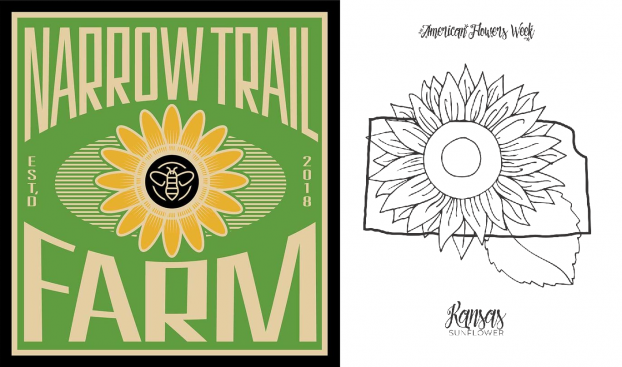
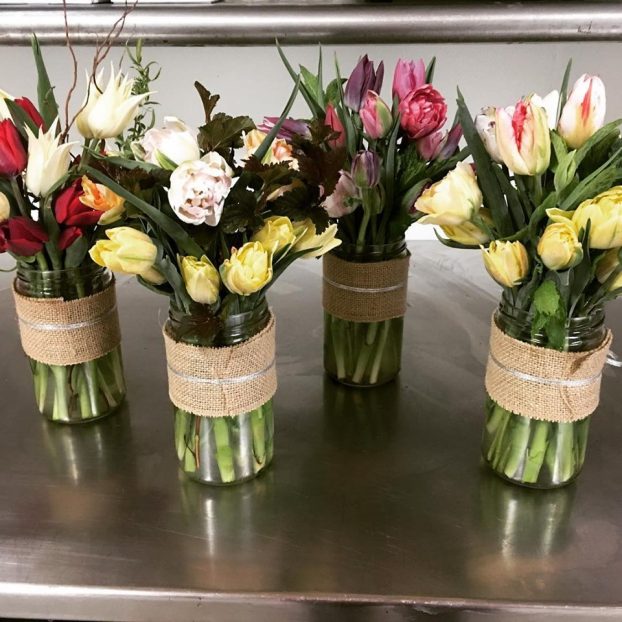
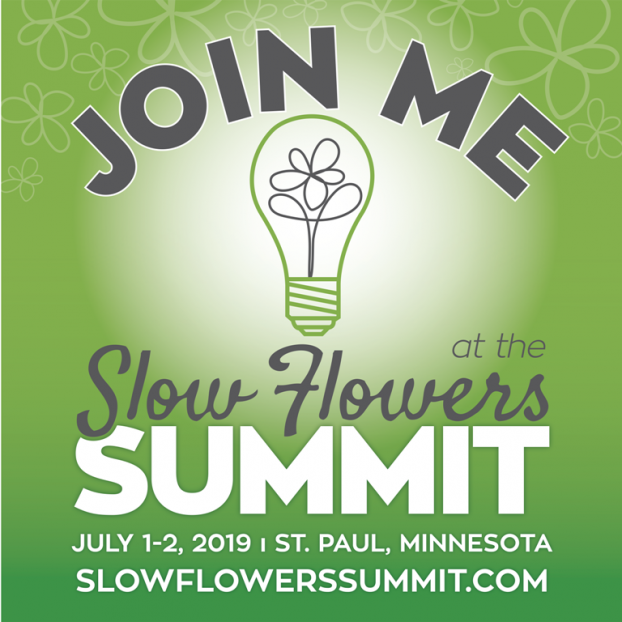
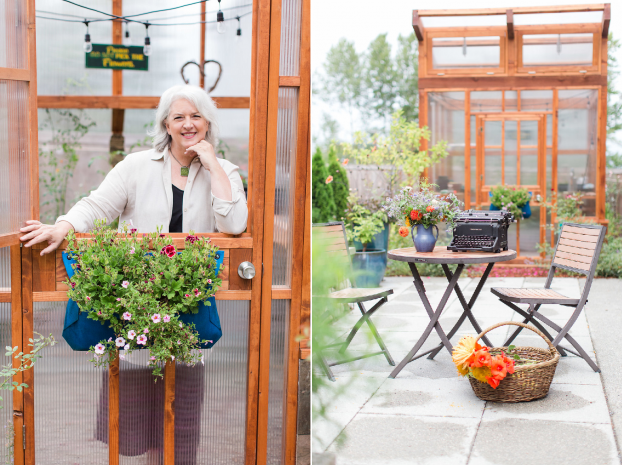
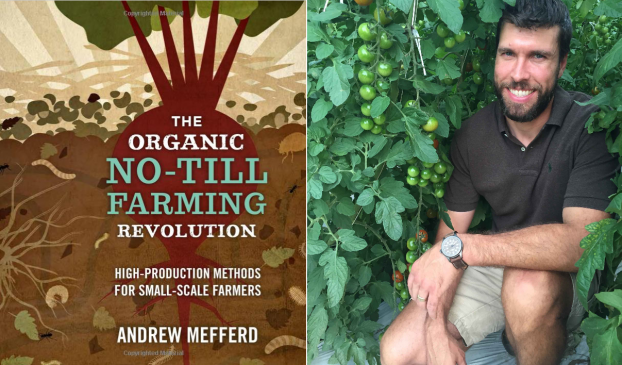
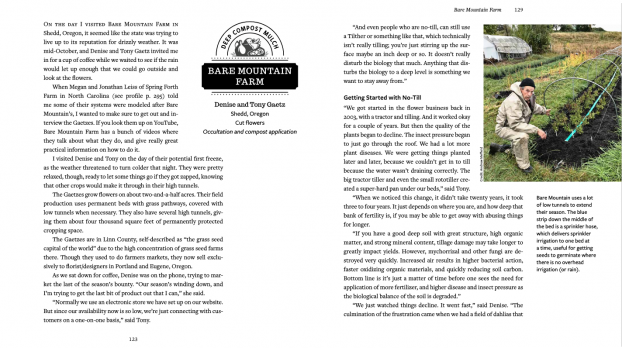
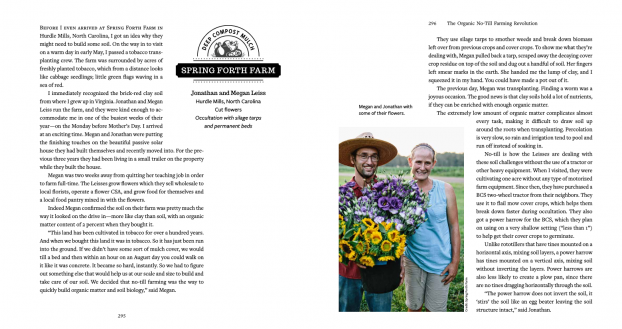
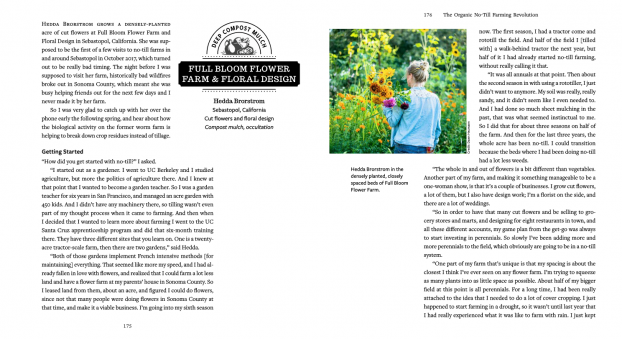
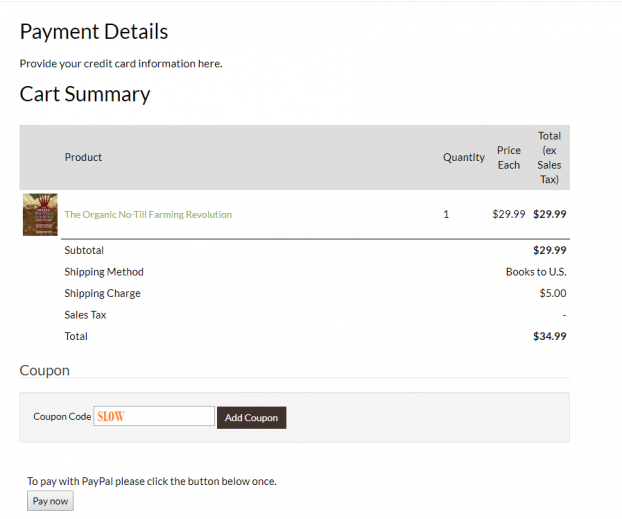
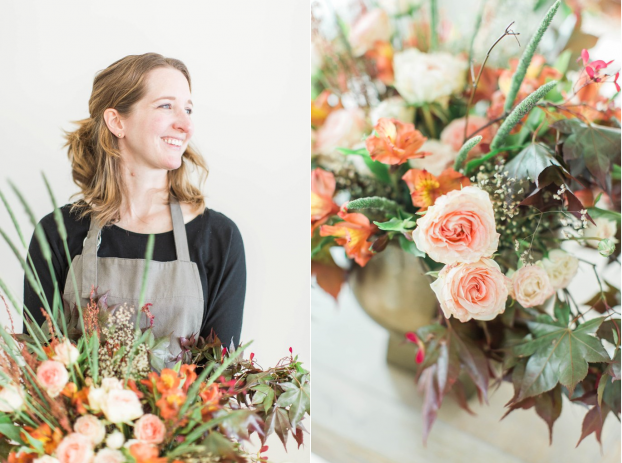
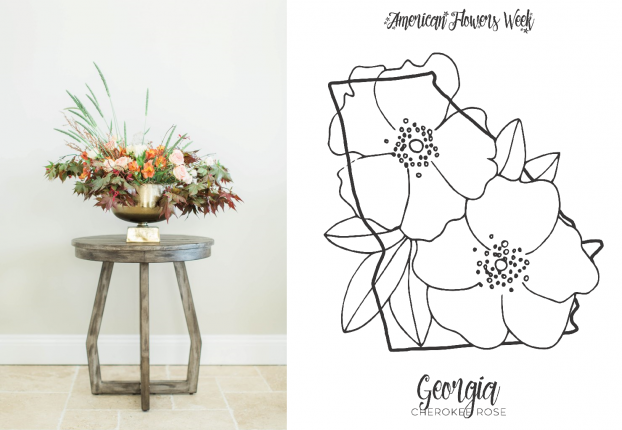
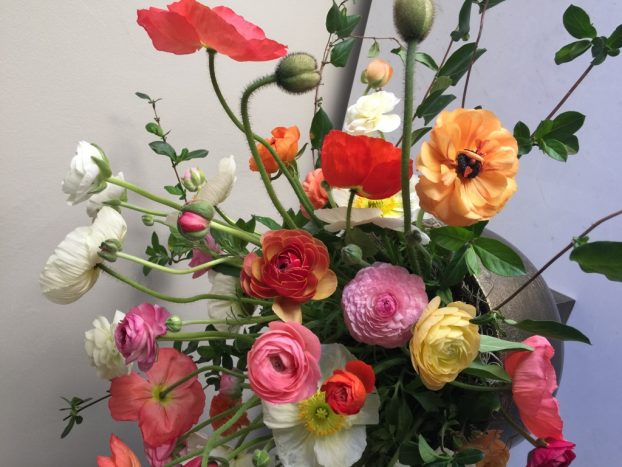
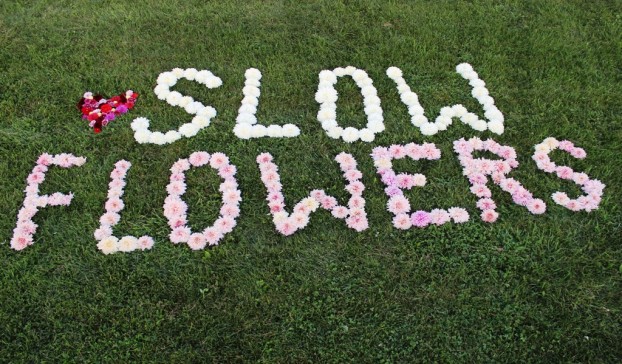
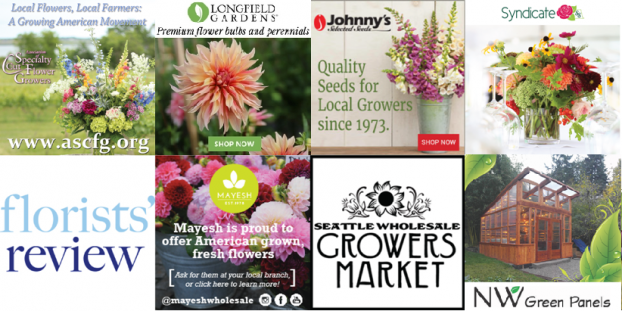

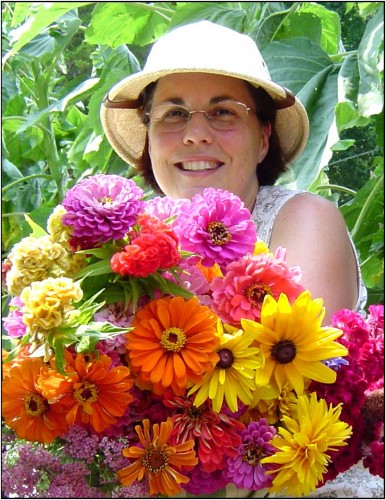
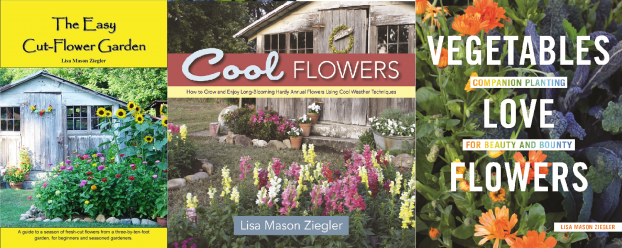
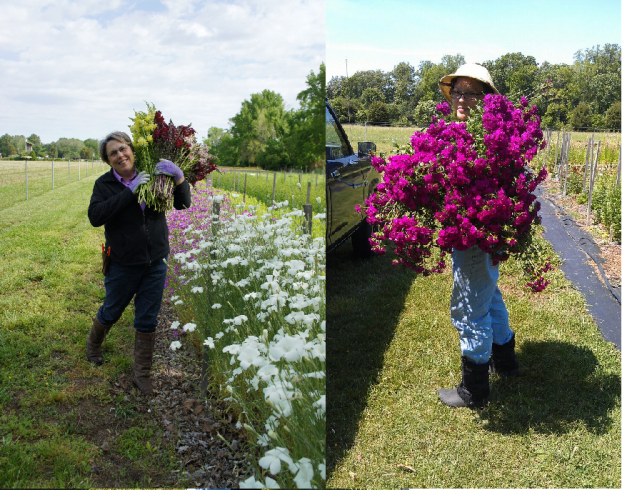
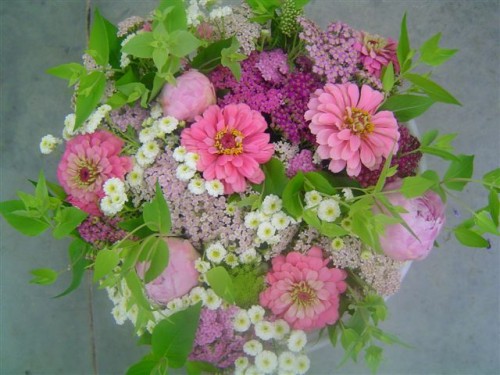
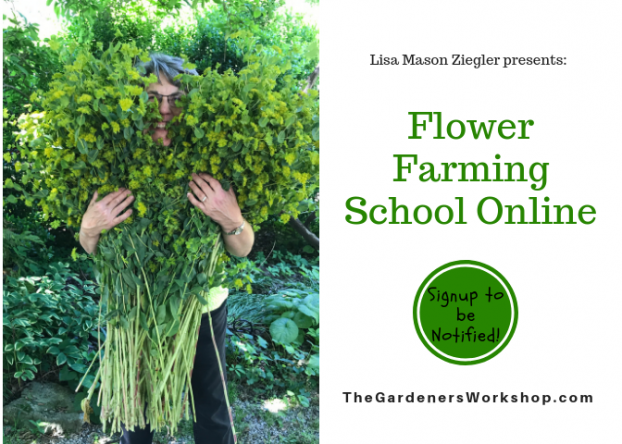
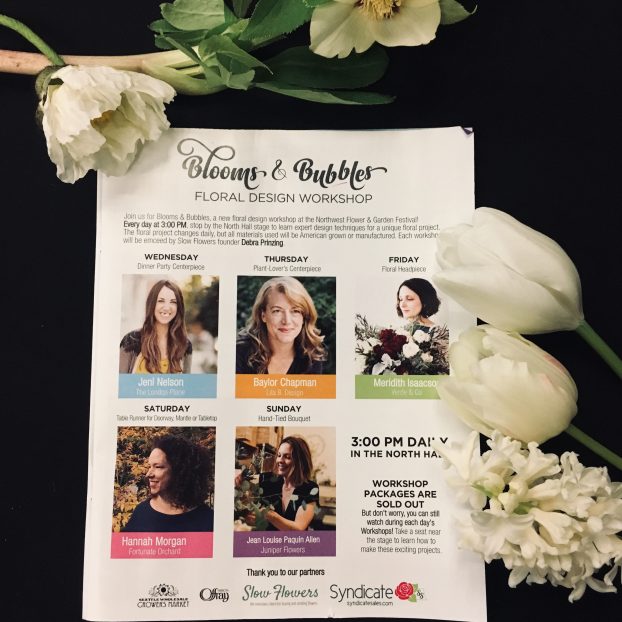
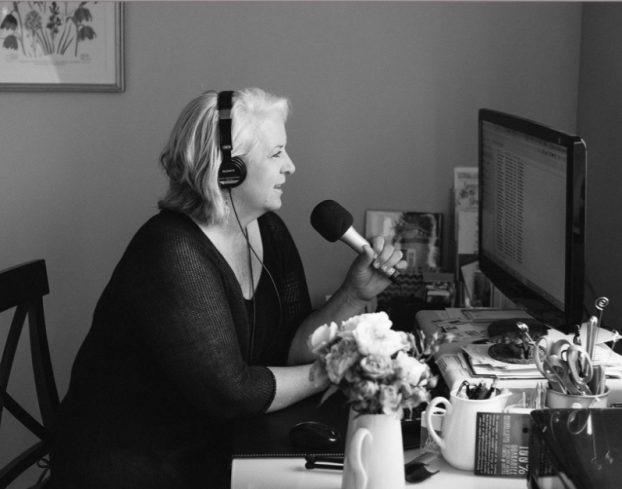
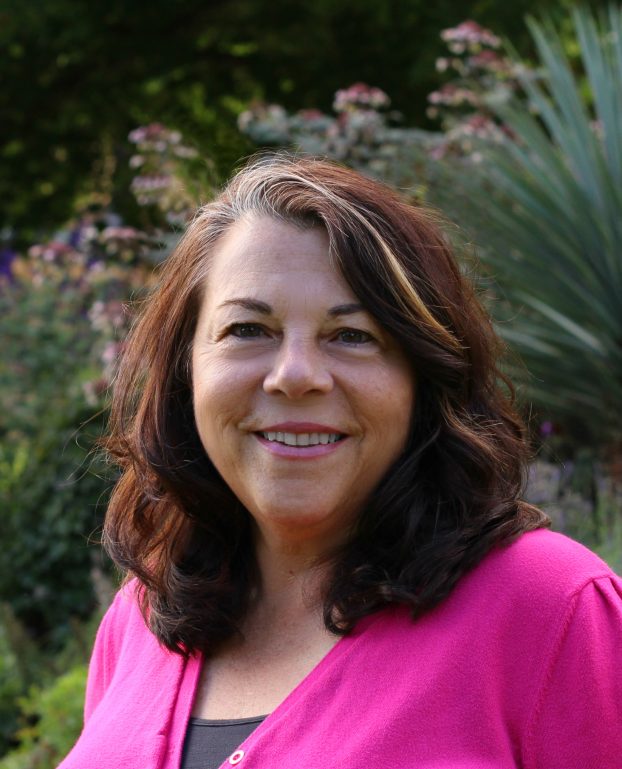
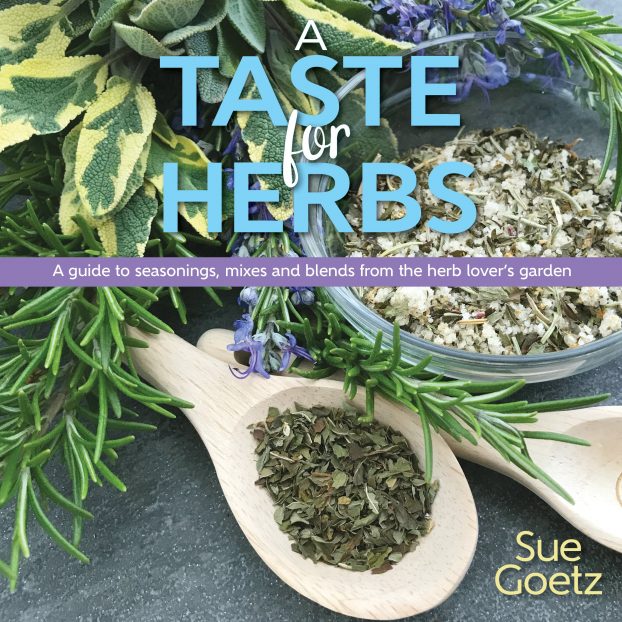
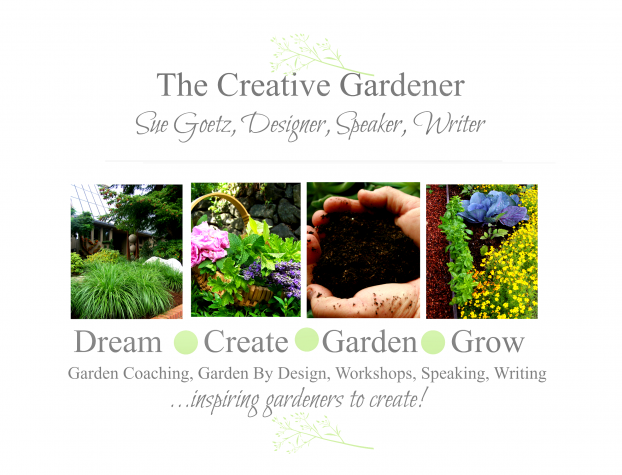
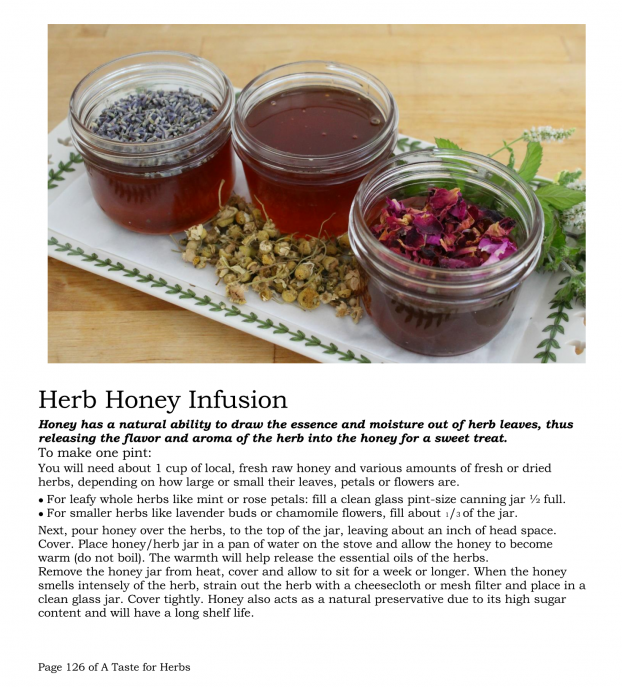
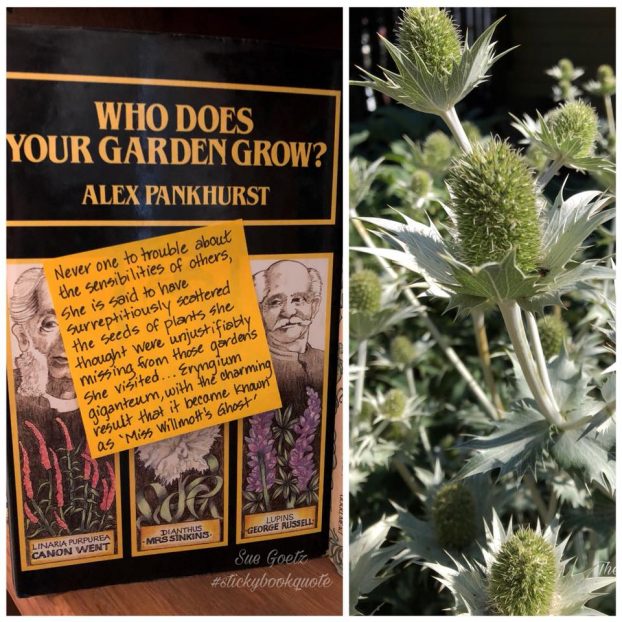
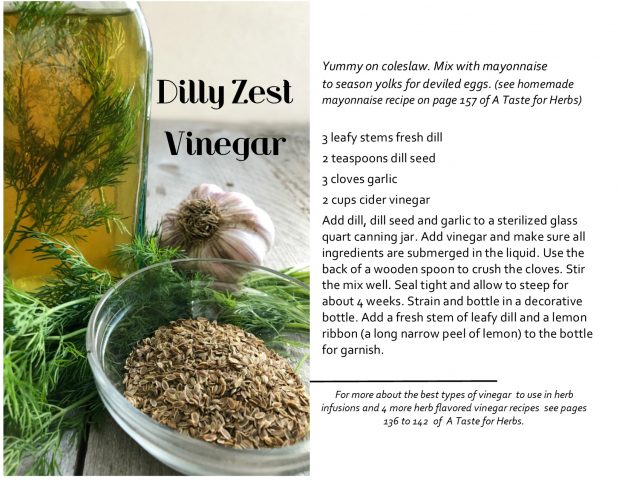
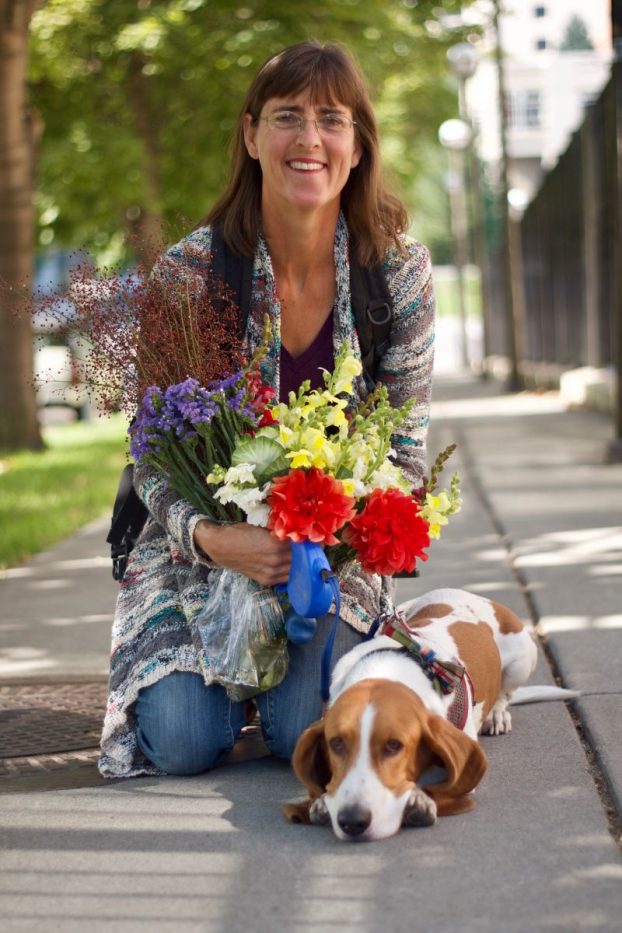
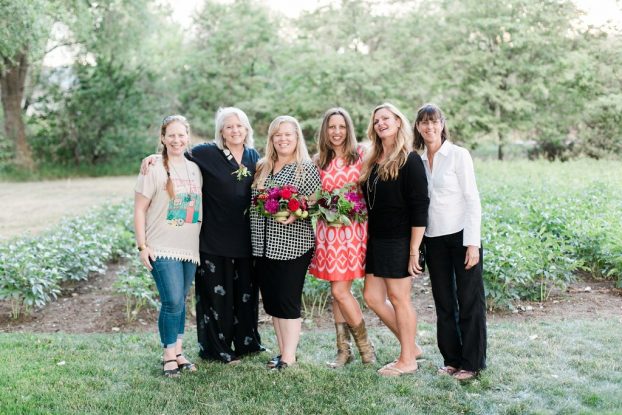
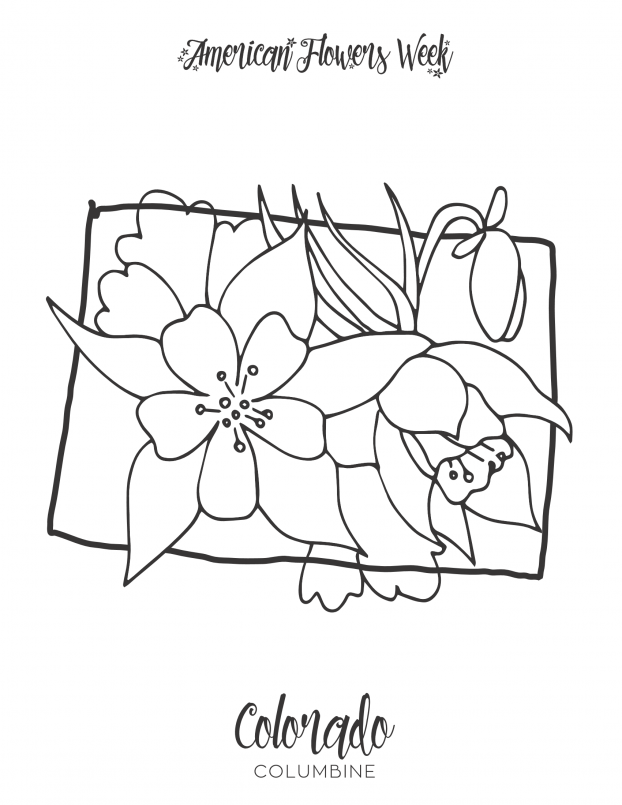
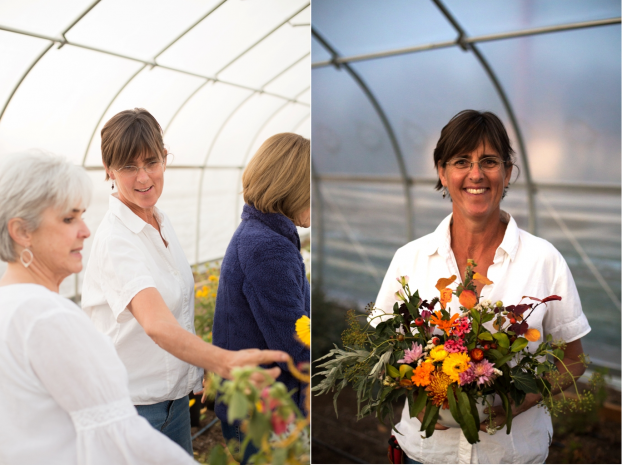

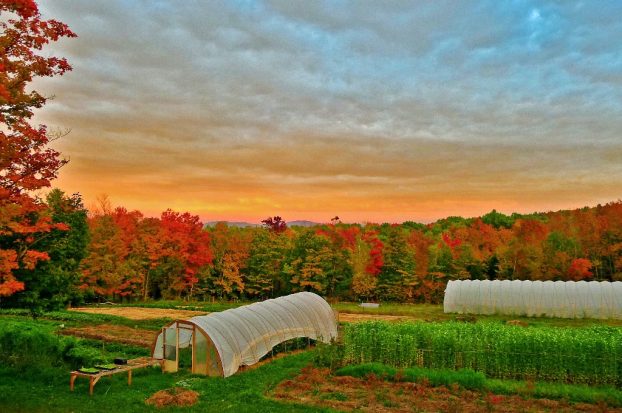
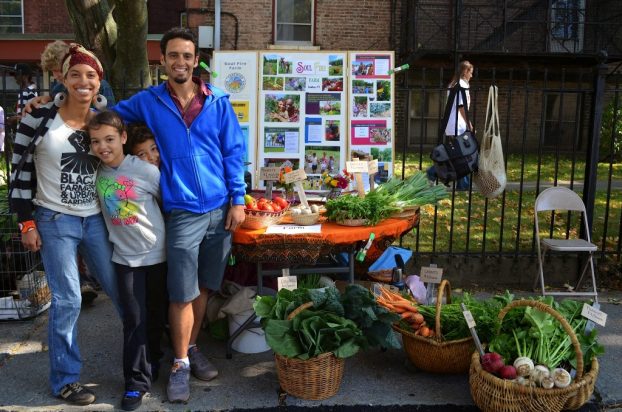
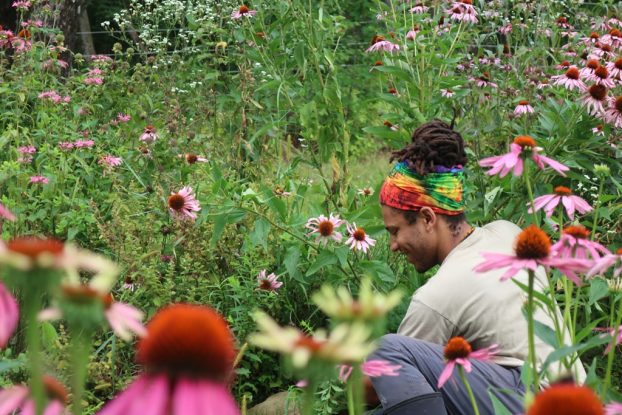
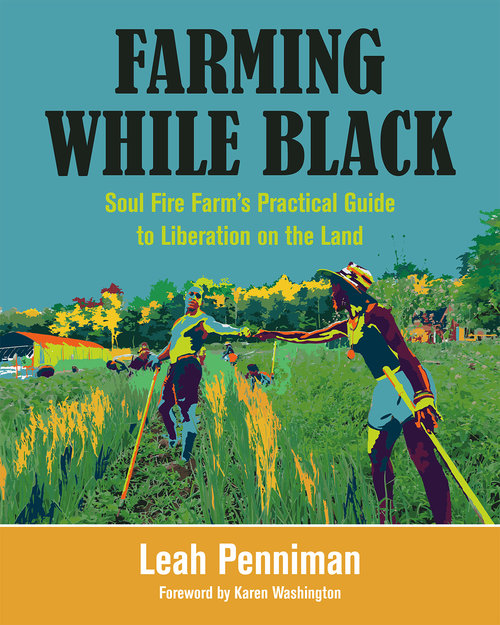
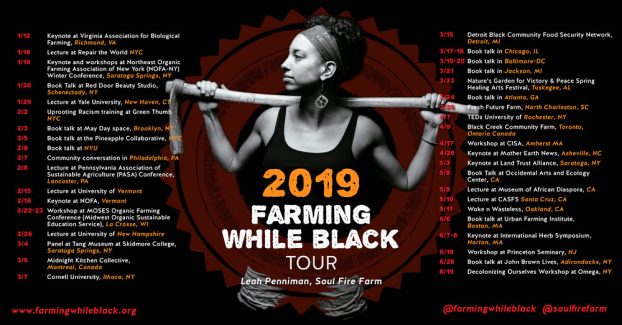
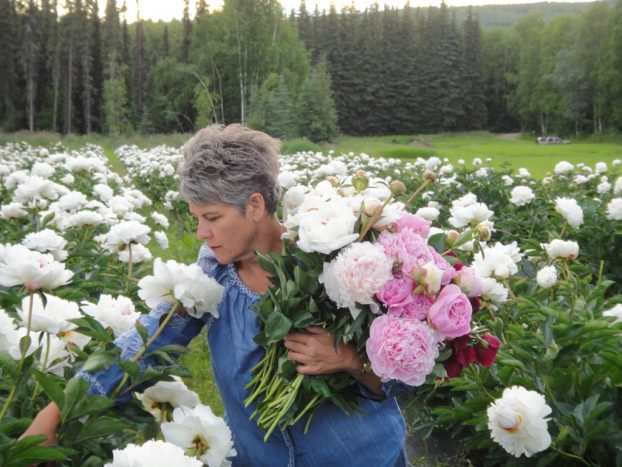
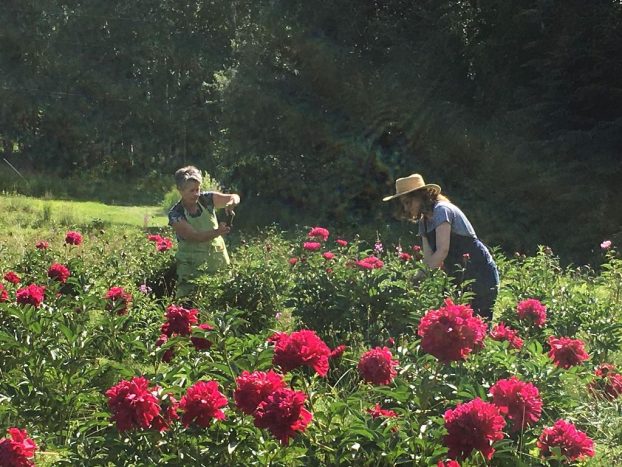
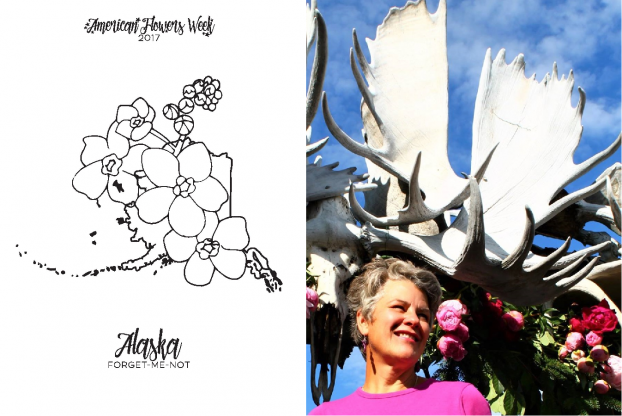
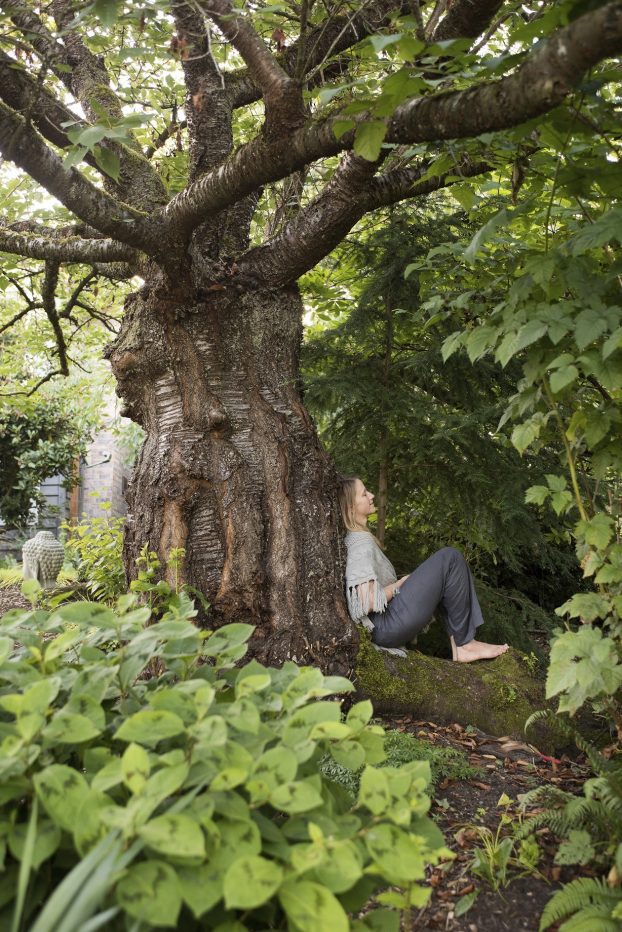
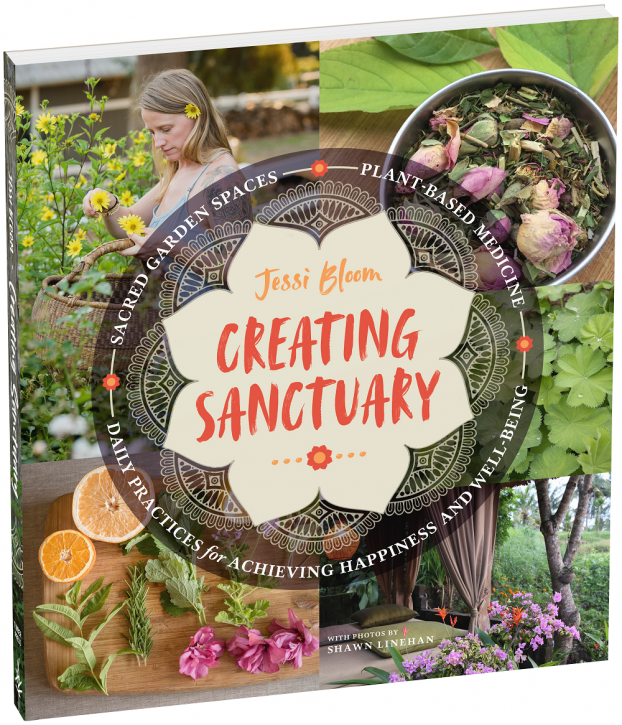
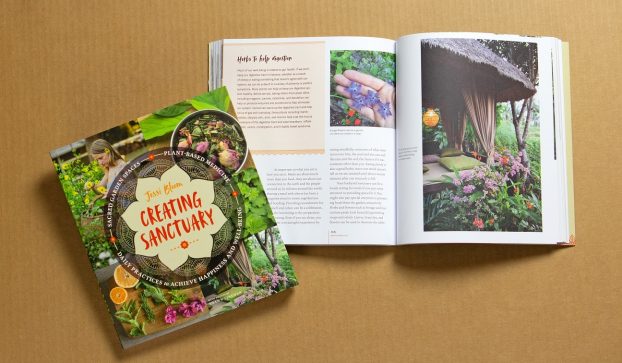
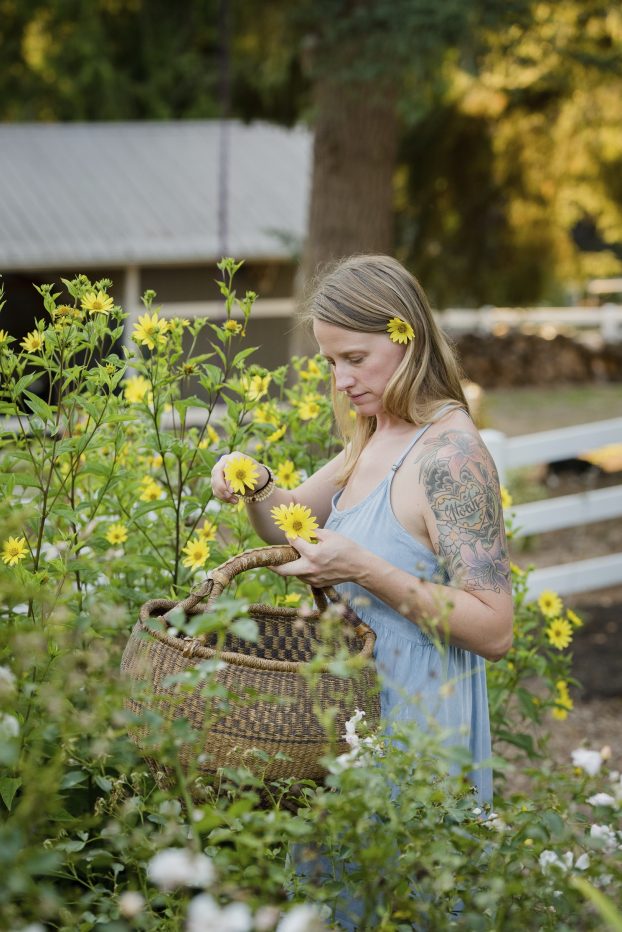
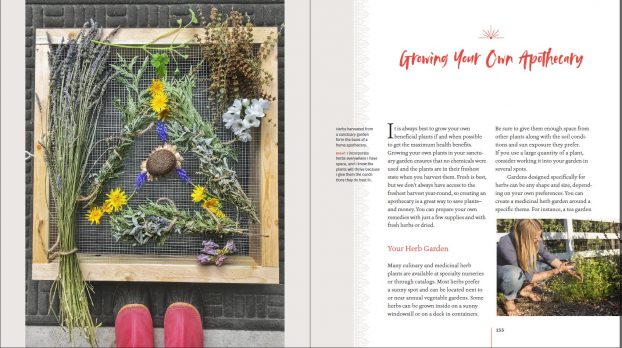
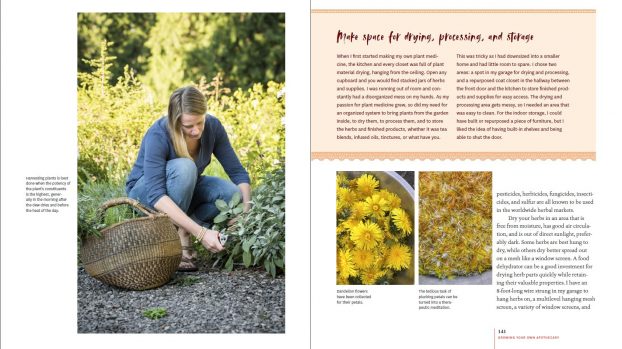
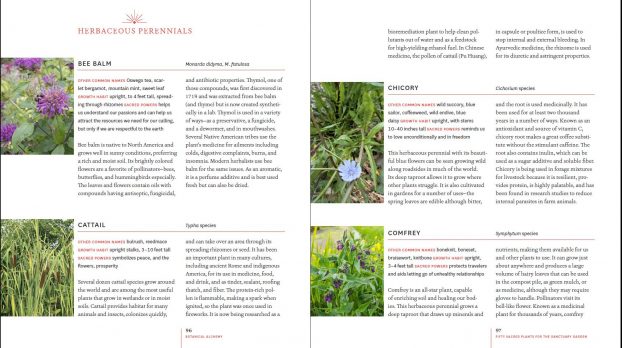
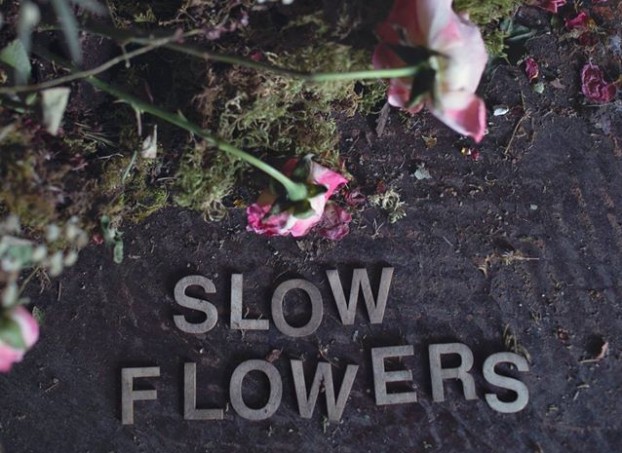
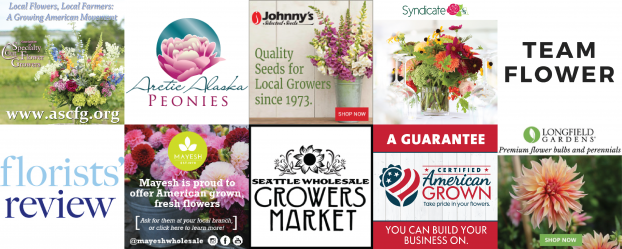
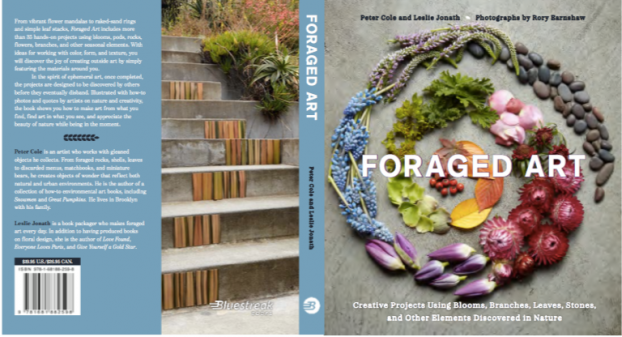
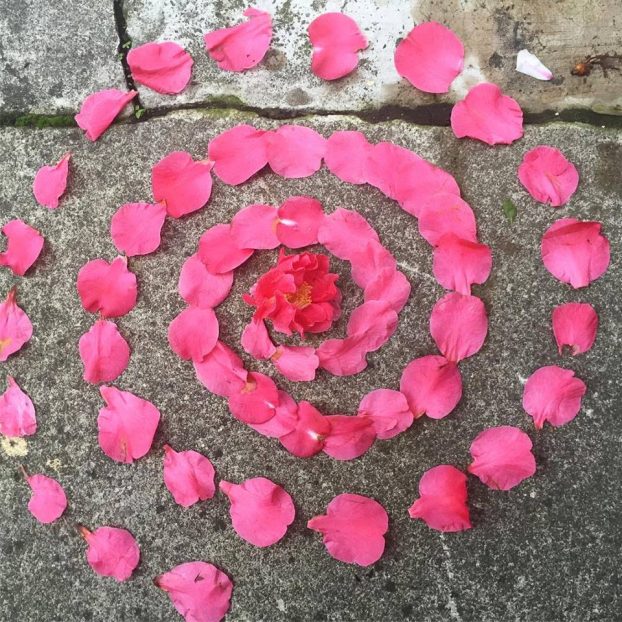
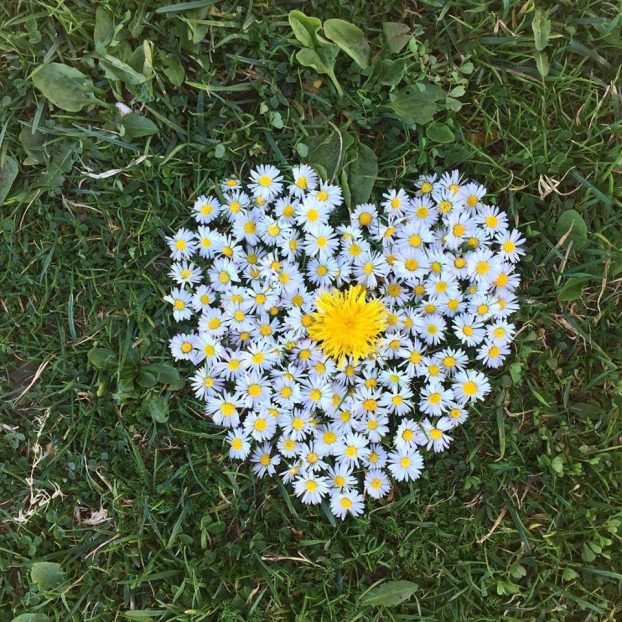
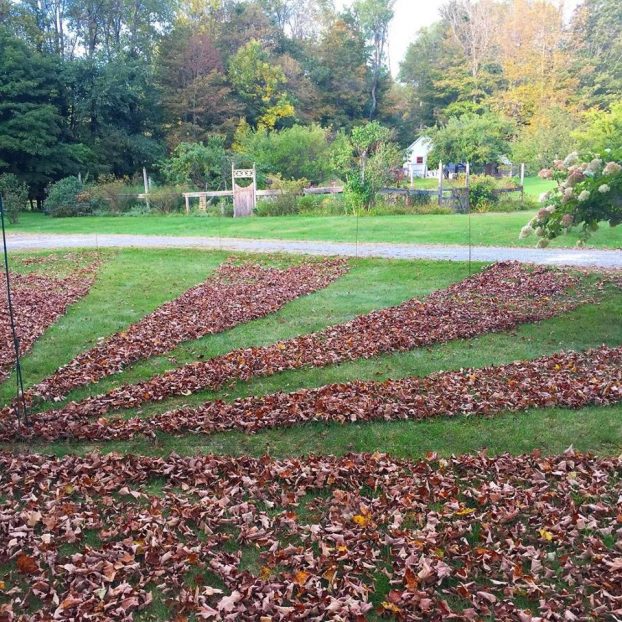
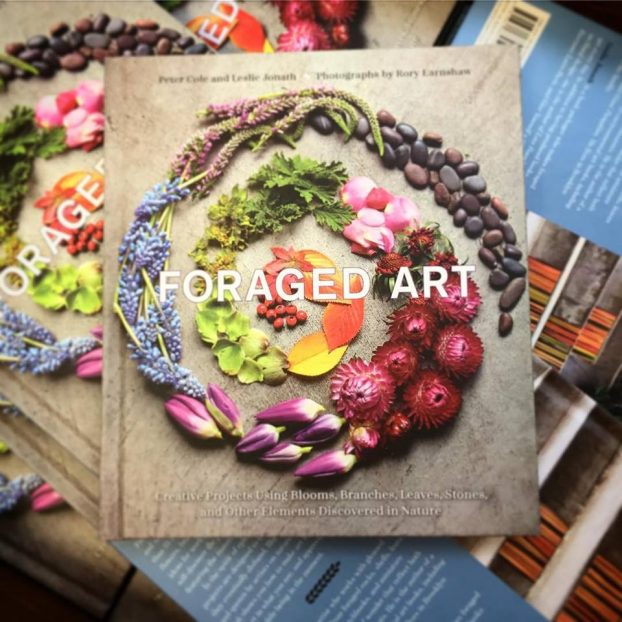
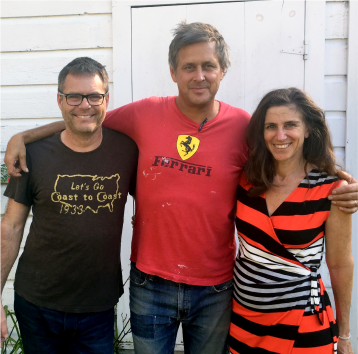
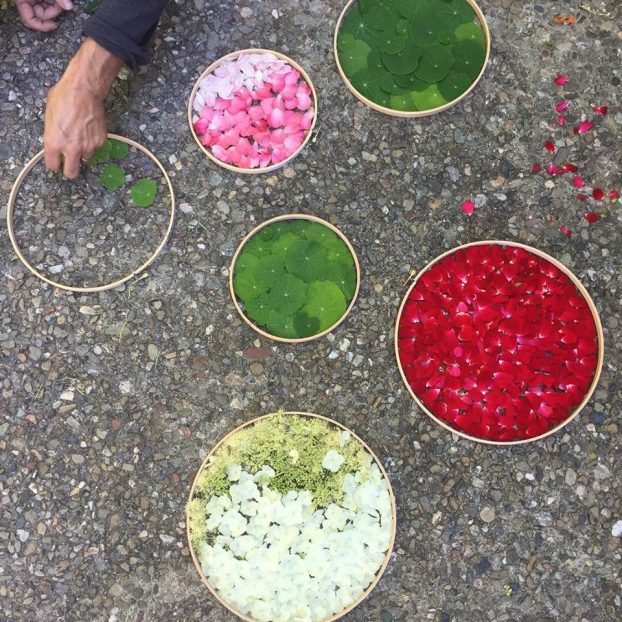
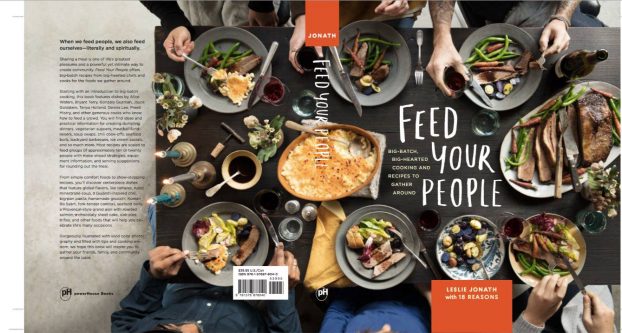
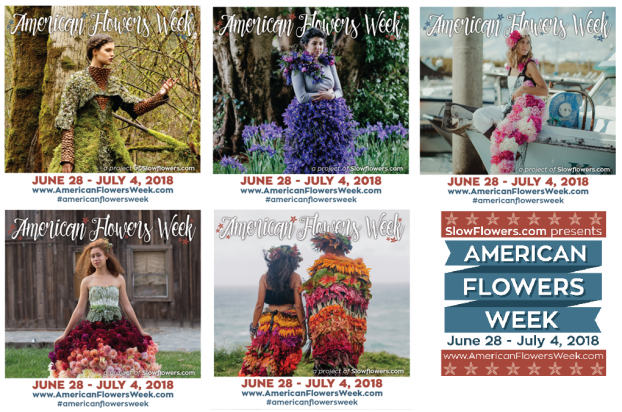
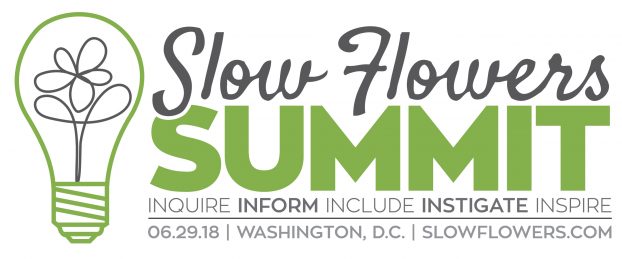

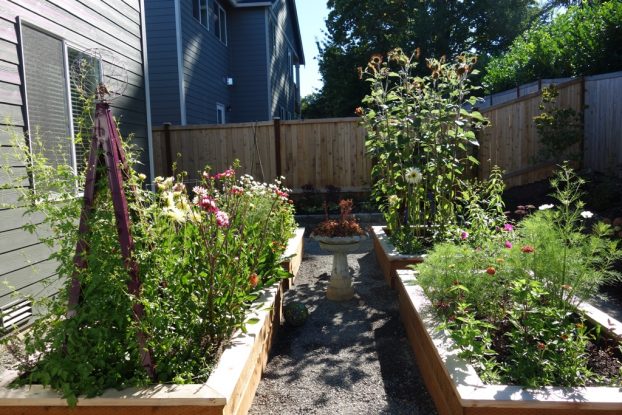
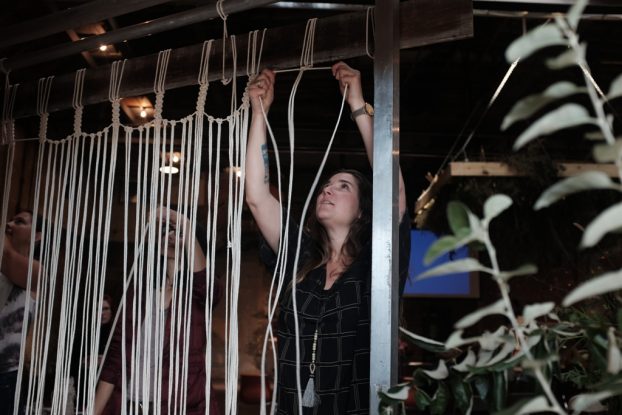
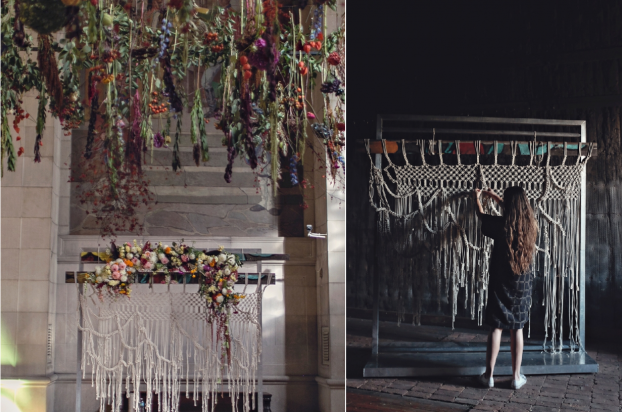
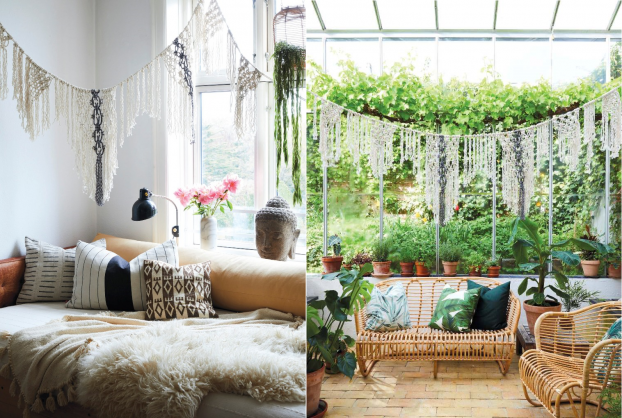
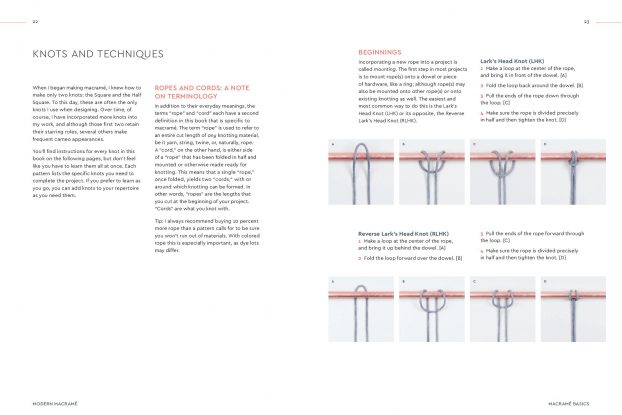
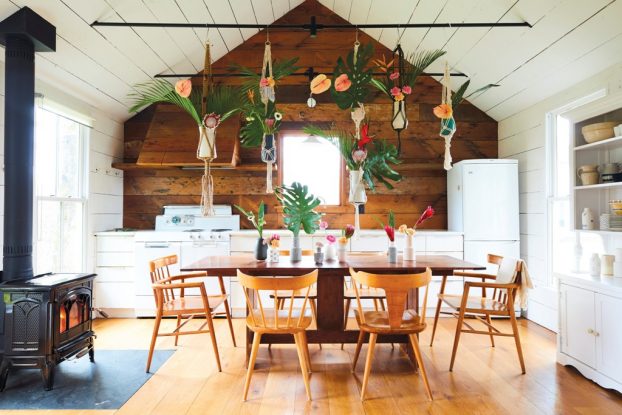
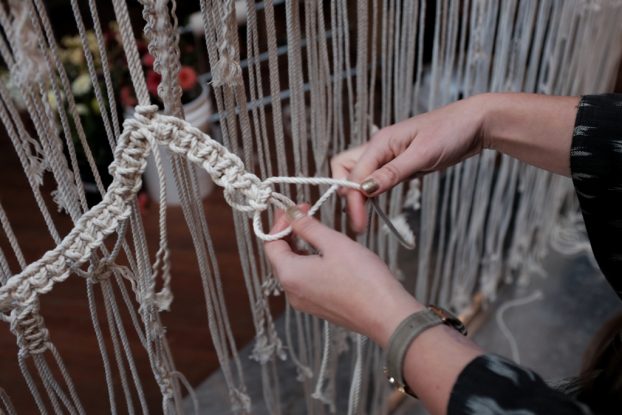

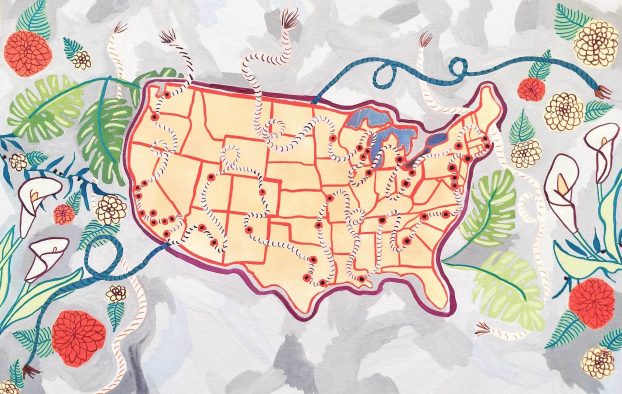
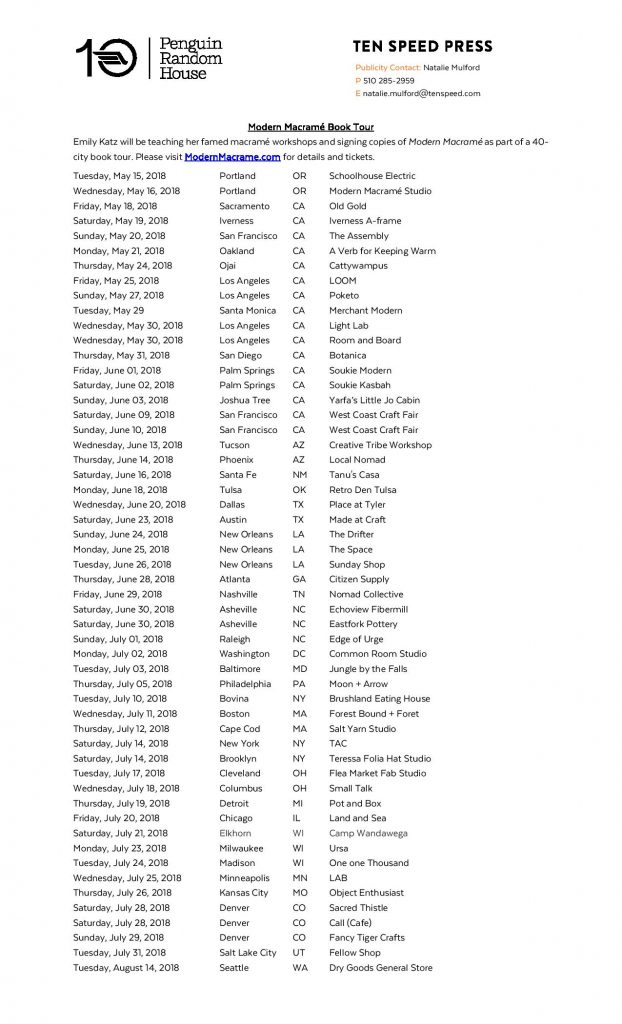
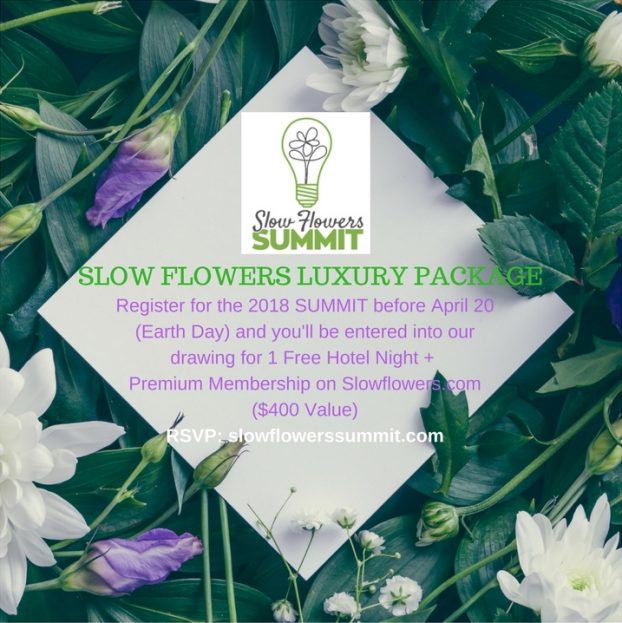

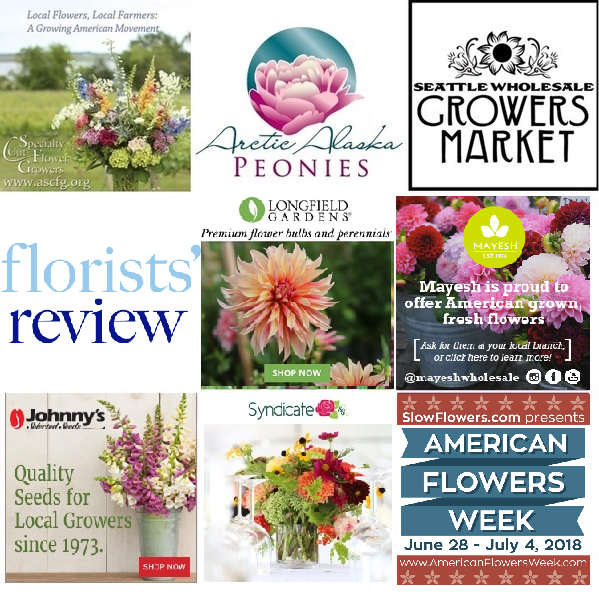
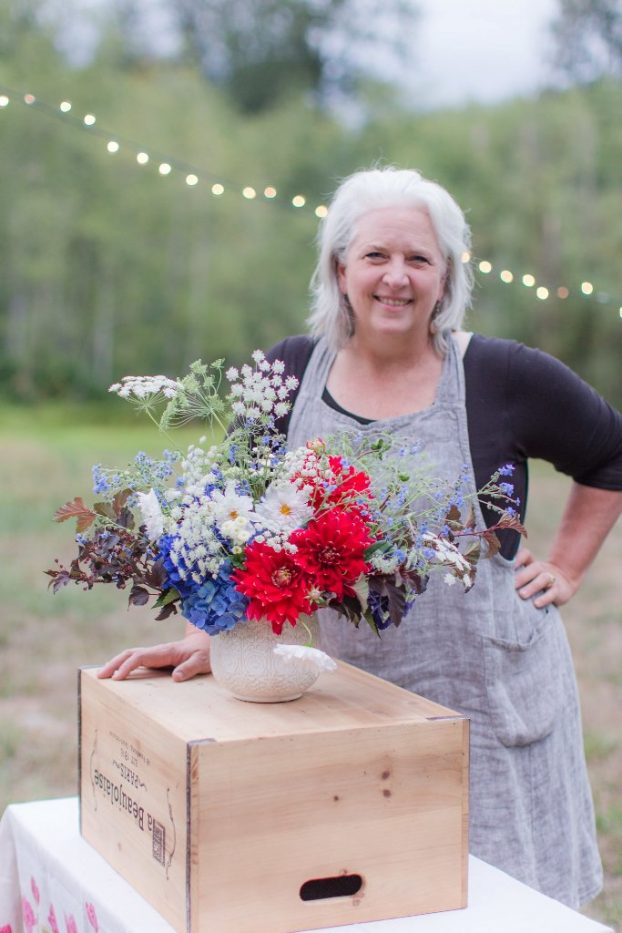
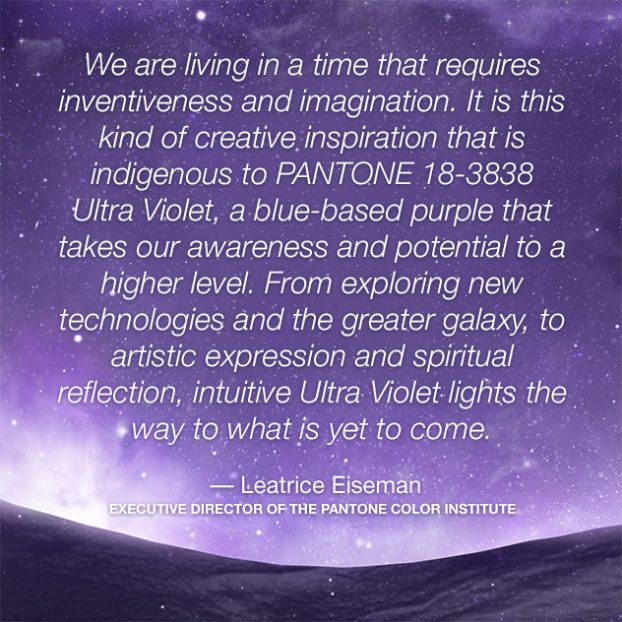


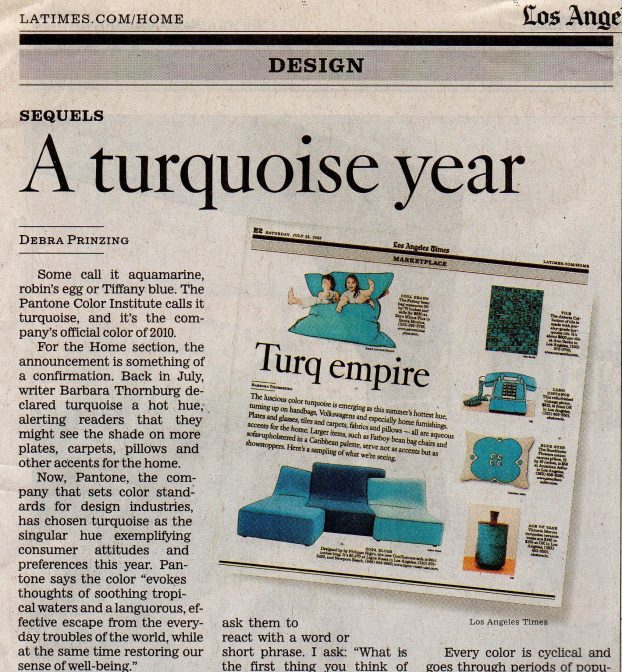
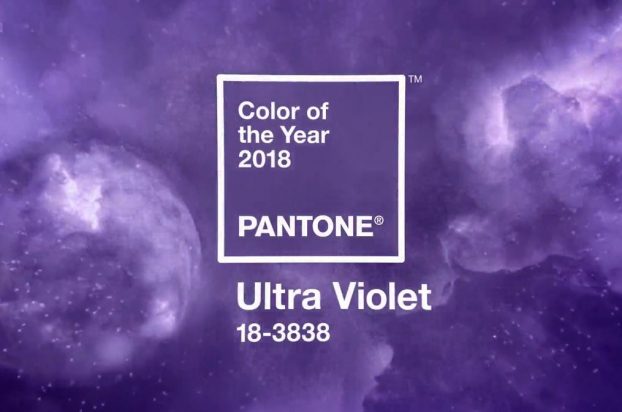
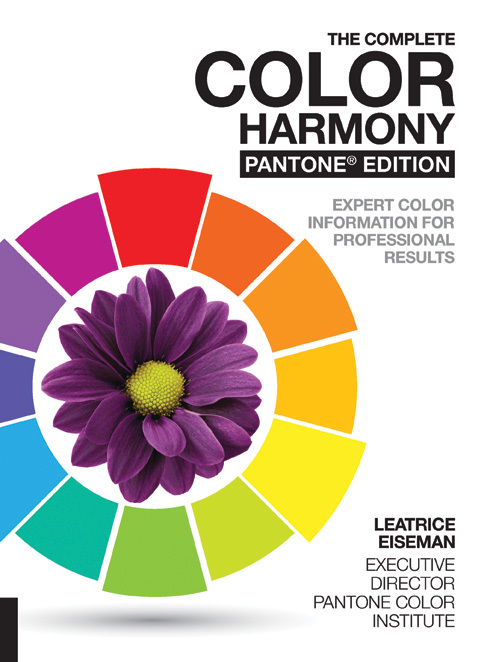

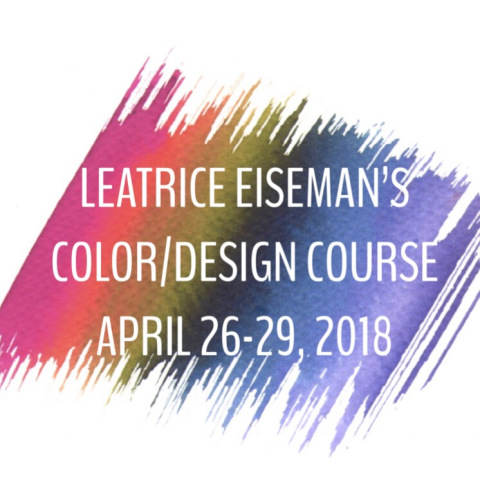 The Pantone Color Institute is a consulting service within Pantone that forecasts global color trends and advises companies on color in brand identity and product development, for the application and integration of color as a strategic asset. Recognized around the world as a leading source of color information through seasonal trend forecasts, custom color development, and palette recommendations for product and corporate identity, Pantone Color Institute partners with global brands to leverage the power, psychology and emotion of color in their design strategy.
The Pantone Color Institute is a consulting service within Pantone that forecasts global color trends and advises companies on color in brand identity and product development, for the application and integration of color as a strategic asset. Recognized around the world as a leading source of color information through seasonal trend forecasts, custom color development, and palette recommendations for product and corporate identity, Pantone Color Institute partners with global brands to leverage the power, psychology and emotion of color in their design strategy.